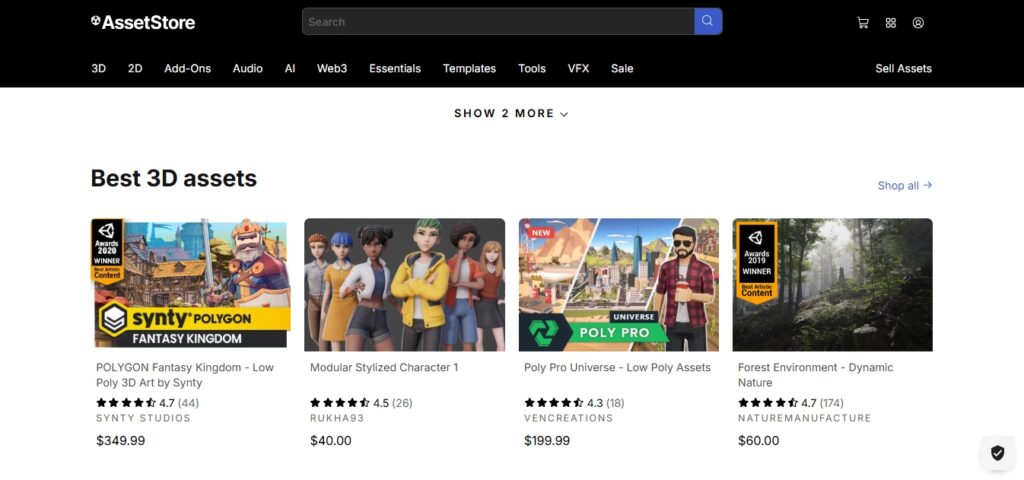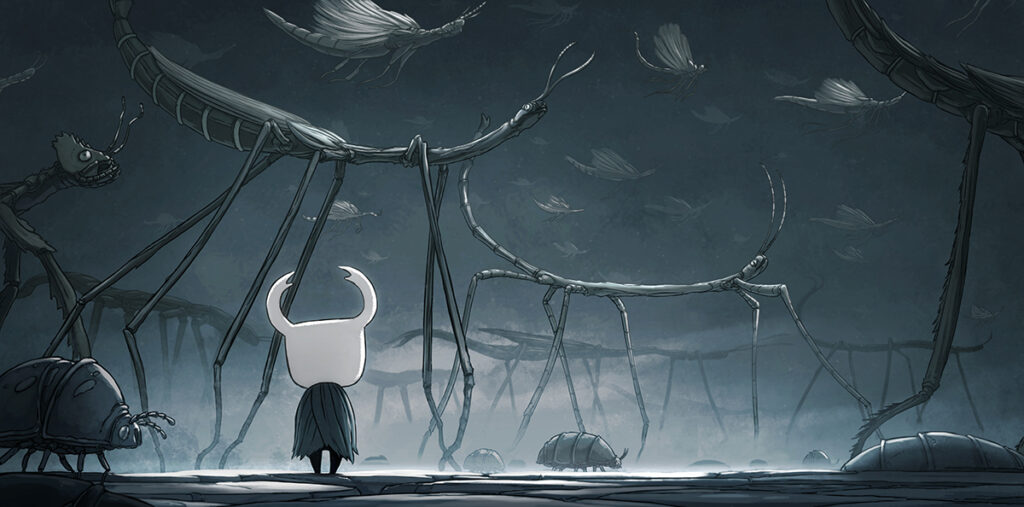In the rapidly evolving landscape of game development, the demand for high-performance projects has never been greater. Companies are increasingly turning to Unity, a versatile game engine, to create engaging and immersive experiences across various platforms. Hiring Unity game developers can significantly accelerate project timelines while ensuring high-quality output. This article delves into the technical aspects of hiring Unity developers, the benefits of utilizing Unity for game development, and real-world examples that illustrate the engine’s capabilities.
Understanding Unity and Its Advantages
Unity is a cross-platform game engine that has gained immense popularity due to its user-friendly interface, extensive asset store, and robust community support. According to a report by Statista (2023), Unity holds a 45% market share in the game development industry, making it the most widely used game engine globally. This dominance is attributed to several key features:
1. Cross-Platform Compatibility
Unity allows developers to create games that can be deployed across multiple platforms, including PC, consoles, mobile devices, and even augmented and virtual reality systems. This flexibility is crucial for reaching a broader audience and maximizing revenue potential. A study by Newzoo (2022) indicated that mobile gaming alone accounted for 50% of the global gaming market, emphasizing the importance of cross-platform capabilities.
2. Asset Store and Community Support
The Unity Asset Store provides developers with access to a vast library of pre-built assets, tools, and plugins, which can significantly reduce development time. According to a survey conducted by Unity Technologies (2023), 70% of developers reported that utilizing the Asset Store accelerated their project timelines by an average of 30%. Additionally, the active community surrounding Unity offers forums, tutorials, and resources that can help developers troubleshoot issues and share best practices.

Asset Store: a library of ready-made resources to facilitate development.
3. High-Performance Graphics and Optimization
Unity’s rendering capabilities allow for the creation of visually stunning games. The engine supports advanced graphics features such as real-time lighting, particle systems, and post-processing effects. Research by Gamasutra (2023) found that games developed with Unity consistently received higher ratings for graphics quality compared to those built on other engines. Furthermore, Unity’s optimization tools enable developers to fine-tune performance, ensuring smooth gameplay even on lower-end devices.
Key Considerations When Hiring Unity Game Developers
When looking to hire Unity game developers, several factors should be taken into account to ensure that you select the right talent for your project:
1. Technical Proficiency
Unity developers should possess a strong understanding of C#, the primary programming language used in Unity. Additionally, familiarity with game design principles, physics, and AI programming is essential. A report by the International Game Developers Association (IGDA) (2023) highlighted that 85% of successful game developers have a background in computer science or a related field, underscoring the importance of technical expertise.
2. Experience with Game Development Lifecycle
Understanding the entire game development lifecycle—from concept to deployment—is crucial for Unity developers. This includes proficiency in project management methodologies such as Agile or Scrum, which can enhance collaboration and efficiency. According to a study by Game Developer Magazine (2023), teams that employed Agile methodologies reported a 25% increase in project delivery speed.
3. Portfolio and Previous Work
Reviewing a developer’s portfolio is vital to assess their skills and creativity. Look for projects that showcase a range of capabilities, including 2D and 3D game development, multiplayer functionality, and user interface design. A survey by GameDev.net (2023) revealed that 78% of hiring managers prioritize a candidate’s portfolio over formal education when making hiring decisions.
Real-World Examples of Successful Unity Projects
Several high-profile games have been developed using Unity, demonstrating the engine’s capabilities and the expertise of its developers:
1. Hollow Knight
Developed by Team Cherry, Hollow Knight is a critically acclaimed action-adventure game that showcases Unity’s ability to create visually stunning 2D environments. The game features intricate hand-drawn art and fluid animations, which were made possible through Unity’s powerful rendering capabilities. Hollow Knight has sold over 3 million copies since its release in 2017, highlighting the commercial success achievable with Unity.

Unity brought the detailed 2D art of Hollow Knight to life.
2. Monument Valley
Monument Valley, developed by ustwo games, is another prime example of Unity’s potential. This award-winning puzzle game is known for its beautiful visuals and innovative gameplay mechanics. The developers utilized Unity’s tools to create a unique visual style that combines 3D graphics with optical illusions. Monument Valley has won numerous awards and has been downloaded over 30 million times, showcasing the impact of skilled Unity developers on a game’s success.
Statistics and Trends in Unity Game Development
The game development industry is continuously evolving, and understanding current trends can help companies make informed hiring decisions. According to a report by the Entertainment Software Association (ESA) (2023), the global gaming market is projected to reach $200 billion by 2025, with mobile gaming leading the charge. Furthermore, a survey by Unity Technologies (2023) indicated that 60% of developers plan to focus on AR and VR projects in the coming years, highlighting the need for developers skilled in these emerging technologies.
Conclusion
Hiring Unity game developers is a strategic move for companies looking to build high-performance projects quickly and efficiently. By leveraging Unity’s cross-platform capabilities, extensive asset store, and robust community support, developers can create visually stunning and engaging games that resonate with players. Key considerations when hiring include technical proficiency, experience with the game development lifecycle, and a strong portfolio. Real-world examples like Hollow Knight and Monument Valley illustrate the potential for success when skilled developers utilize Unity effectively. As the gaming industry continues to grow, investing in talented Unity developers will be crucial for staying competitive and meeting the demands of an ever-evolving market.
In summary, the key takeaways from this article are: Unity’s market dominance, the importance of cross-platform compatibility, the value of community support, and the necessity of hiring skilled developers with a strong technical background. By focusing on these aspects, companies can ensure the successful development of high-performance gaming projects.

